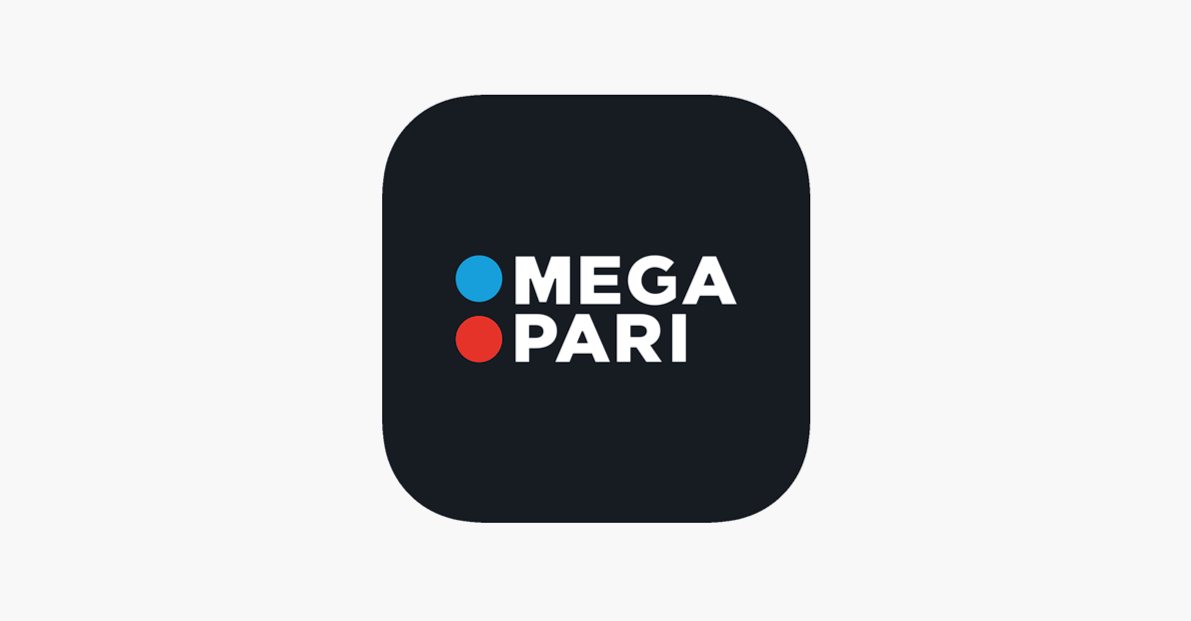In the rapidly evolving world of online betting, licensing plays a crucial role in shaping the industry’s landscape. It influences how betting platforms operate, the services they offer, and the level of trust they build with users. Understanding the impact of licensing on online betting platforms is essential for bettors seeking a secure and enjoyable betting experience. This article explores the various ways licensing affects online betting platforms and highlights the importance of regulatory compliance.
The Importance of Licensing in Online Betting
Licensing is a fundamental aspect of the online betting industry, ensuring that platforms operate legally and ethically. Here’s why licensing is so important:
- Legal Compliance: A licensed betting platform adheres to the laws and regulations of the jurisdictions in which it operates, ensuring legal compliance and protecting users from fraudulent activities.
- Consumer Protection: Licensing bodies enforce strict standards to protect consumers, ensuring that betting platforms offer fair games, secure transactions, and responsible gambling features.
- Trust and Credibility: A licensed platform builds trust and credibility with users, fostering long-term relationships and encouraging repeat business.
Key Benefits of Licensing
- Regulatory Oversight: Licensing bodies provide regulatory oversight, ensuring that platforms operate within legal frameworks.
- Dispute Resolution: Licensed platforms often have mechanisms in place for dispute resolution, providing users with recourse in case of issues.
- Transparency: Licensing promotes transparency in operations, building trust among users and stakeholders.
Types of Licenses in Online Betting
Online betting platforms can obtain various types of licenses, each with its own set of requirements and benefits. Some of the most common licenses include:
- Local Licenses: These are issued by the regulatory bodies of specific countries or regions and allow platforms to operate within those jurisdictions.
- International Licenses: Issued by recognized international regulatory bodies, these licenses enable platforms to operate in multiple jurisdictions.
- Specialized Licenses: These licenses are specific to certain types of betting activities, such as sports betting, casino games, or poker.
Popular Licensing Jurisdictions
- Malta Gaming Authority (MGA): Known for its robust regulatory framework and high standards of compliance.
- UK Gambling Commission (UKGC): Recognized for its stringent regulations and strong consumer protection measures.
- Curacao eGaming: Offers a more flexible regulatory environment, attracting many international betting platforms.

Impact of Licensing on Platform Operations
Licensing significantly impacts the operations of online betting platforms, influencing various aspects of their business models:
- Market Access: Licensing determines the markets in which a platform can operate, affecting its user base and revenue potential.
- Taxation: Different licenses come with varying tax obligations, impacting the platform’s financial planning and profitability.
- Compliance Costs: Obtaining and maintaining a license involves costs, including application fees, compliance audits, and legal expenses.
Operational Considerations
- Geographical Restrictions: Platforms must adhere to geographical restrictions imposed by their licenses, limiting their market reach.
- Regulatory Changes: Platforms must stay updated with regulatory changes and adapt their operations accordingly.
- Technological Requirements: Licensing bodies may impose technological requirements, such as data encryption and secure payment gateways.
Enhancing User Experience through Licensing
Licensing directly impacts the user experience on online betting platforms by ensuring a safe and fair betting environment. Here’s how:
- Fair Gaming: Licensed platforms must adhere to fair gaming practices, ensuring that games are not rigged and outcomes are determined by chance.
- Secure Transactions: Licensing bodies enforce strict security measures, protecting user data and ensuring secure financial transactions.
- Responsible Gambling: Licensed platforms must implement responsible gambling features, such as self-exclusion options and betting limits, to protect users from problem gambling.
Key Features of a Licensed Platform
- Transparent Terms and Conditions: Clearly outlined terms and conditions that protect user rights.
- Customer Support: Accessible and responsive customer support to address user queries and concerns.
- Independent Audits: Regular independent audits to ensure compliance with licensing standards and fair gaming practices.
Challenges and Controversies in Licensing
Despite its benefits, licensing in the online betting industry faces several challenges and controversies:
- Regulatory Fragmentation: The lack of uniform regulatory standards across different jurisdictions can create challenges for platforms operating internationally.
- Compliance Burden: The cost and complexity of compliance can be burdensome, particularly for smaller platforms with limited resources.
- Public Perception: The public perception of online betting is influenced by licensing, and platforms must work to build trust and overcome negative stereotypes.
Addressing Licensing Challenges
- Harmonization of Standards: Efforts to harmonize regulatory standards across jurisdictions can simplify compliance and reduce costs.
- Technological Innovations: Leveraging technology to streamline compliance processes and reduce the burden on platforms.
- Educational Initiatives: Promoting educational initiatives to enhance public understanding of licensing and its benefits.
The Future of Licensing in Online Betting
As the online betting industry continues to grow, the role of licensing will evolve to address emerging challenges and opportunities. Here are some trends to watch for:
- Increased Regulation: Expect to see increased regulation as more jurisdictions legalize online betting and seek to protect consumers.
- Technological Integration: The integration of advanced technologies, such as AI and blockchain, will enhance compliance and security measures.
- Global Collaboration: Greater collaboration among international regulatory bodies to establish uniform standards and best practices.
Conclusion
Licensing plays a pivotal role in shaping the online betting industry, influencing platform operations, user experience, and market dynamics. Understanding the impact of licensing is crucial for bettors seeking a secure and enjoyable betting experience. As the industry evolves, platforms must stay informed about regulatory changes and adapt their strategies to build trust and foster growth. Embrace the opportunities that licensing presents while remaining mindful of the associated challenges and responsibilities.



